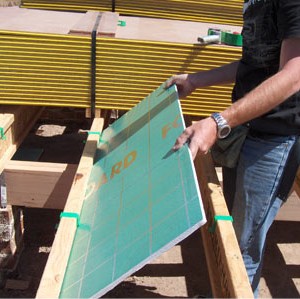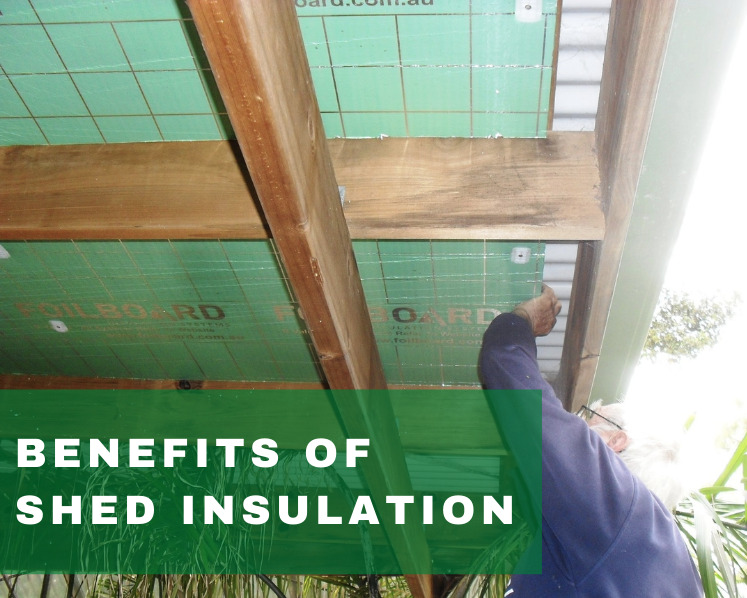
It is no secret that a well insulated home offers far more benefits to its residents than a non-insulated home. As new houses continue to go up, so does the demand for good, high quality insulation. Insulation is hands down the best and most effective way to create thermal efficiency in any space, ultimately reducing the need for air conditioners and heaters to be consuming vast amounts of electricity throughout the year. If you are looking to make your home more comfortable and save some money in the process, insulation is the right investment for you.
Types of Insulation
There are three main types of insulation that you can choose to install in your house. These are Wall Insulation, Underfloor Insulation and Cathedral Ceiling Insulation. Each provide a distinct way of maintaining balanced temperatures at home and together create the ultimate insulation setup.
Foilboard Wall Insulation: As the name suggests, Wall Insulation is installed within the walls of a building, and can be used in brick veneer, cavity walls, concrete walls and cladded walls.
Foilboard Underfloor Insulation: Underfloor insulation offers so much more than thermal protection for your building. As a surprising percentage of heat tends to escape from the floor, underfloor insulation winds up contributing to keeping a comfortable temperature at home, and therefore results in reducing your carbon footprint. Underfloor Insulation can be used in retrofit insulation, timber floor insulation, and concrete floor insulation.
Foilboard Cathedral Ceiling Insulation: Cathedral Ceiling Insulation helps to eliminate the problems that come with trying to insulate new or existing cathedral ceilings. This difficulty tends to come because of the small cavity sizes that are created as a result of the shape of a cathedral ceiling. By guaranteeing that there are no gaps with correct installation. Foilboard Cathedral Insulation prevents moisture penetration, corrosion, rot and mold build up. The ceiling tends to be the space that the most heat is lost from, so it is crucial to insulate this area to ensure the most well balanced temperatures in a building.
All of the above insulations have their strengths and will provide you with similar benefits in different ways. The most obvious strength that insulation carries is the ability to help keep your building at balanced temperatures all year round, and as a result—the need for using air conditioners and heaters to maintain a comfortable climate indoors goes down. With this reduction comes a decrease in energy bills, which ultimately helps to contribute to a smaller carbon footprint on our planet. It is advisable to fully insulate all areas of a building in order to maximise savings, environmentalism, and efficiency.
Insulation Costs – What You Need To Know
The cost of insulation varies depending on a few different factors, which are usually unique to each individual building. Firstly, the actual type of insulation you opt for will play a role in cost, as each form of insulation is priced differently. The biggest factor in price, however, is the R value of the insulation in question. Different buildings require different R values for correct insulation, and it is not always necessary to go all out and use insulation with the highest R value rating for a space that doesn’t require it. You just want to make sure that the R value rating is enough, so that your insulation is effective in doing its job.
Which Type of Insulation is Best?
The short answer is that there really isn’t any best insulation. Each area of a building can benefit more from a particular form of insulation than another, based on its shape, construction, and other attributes. Ultimately, it is best to consult professional insulation suppliers and installers in order to get an idea for what is right for your space. The team here at Foilboard is made up of friendly experts who are geared up to assist you in insulating your home as best as possible. Call us today on 1800 354 717.






